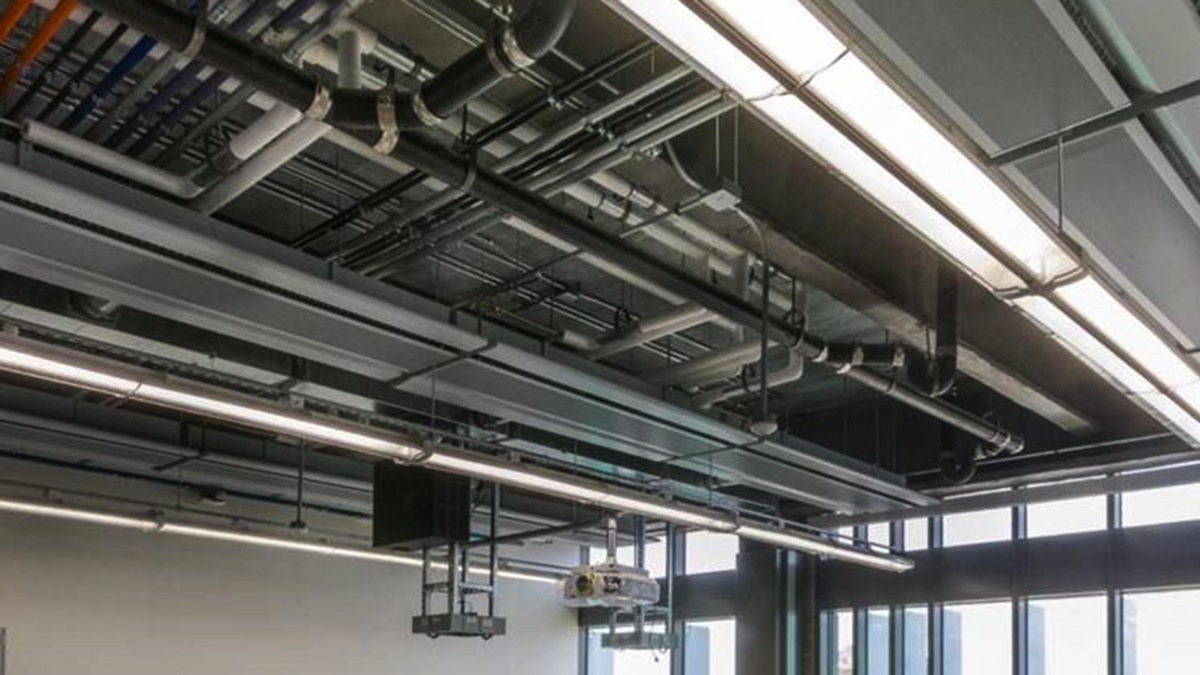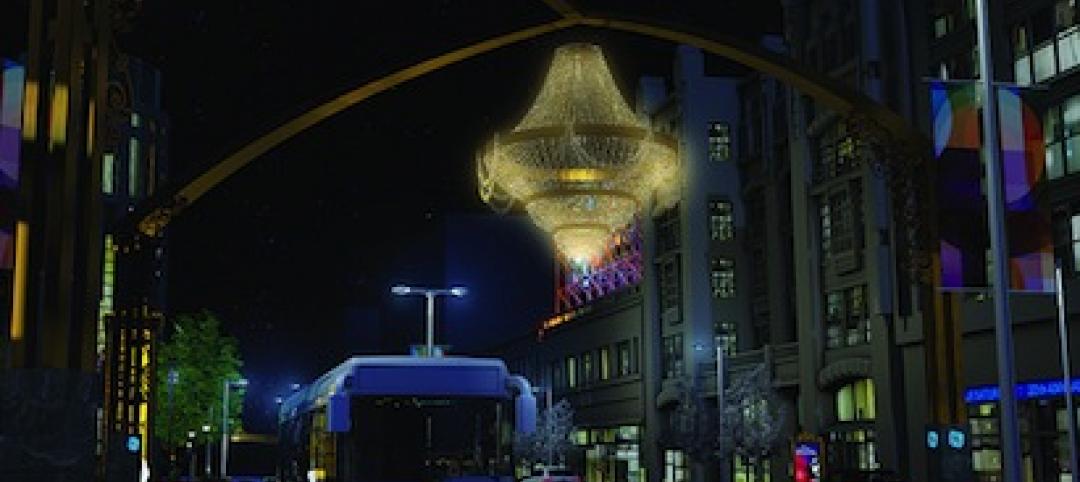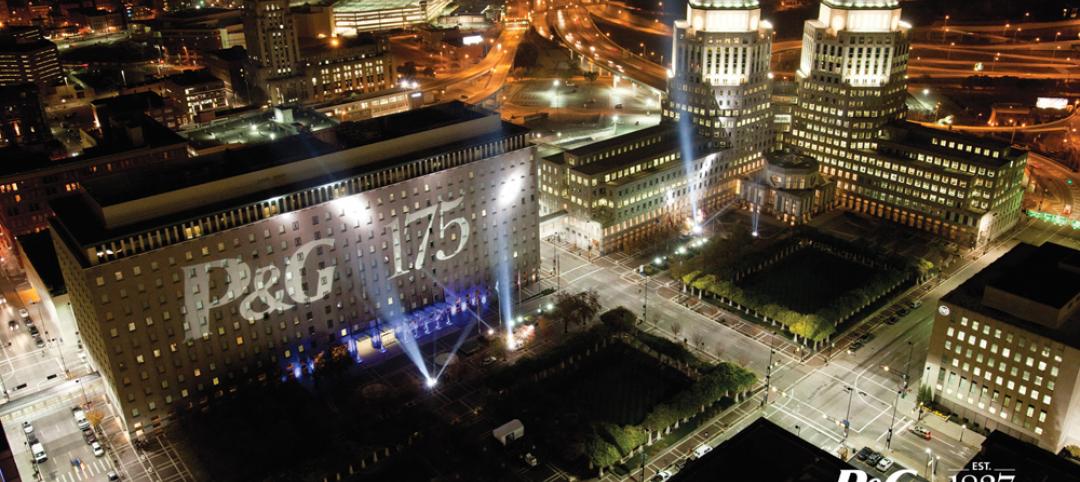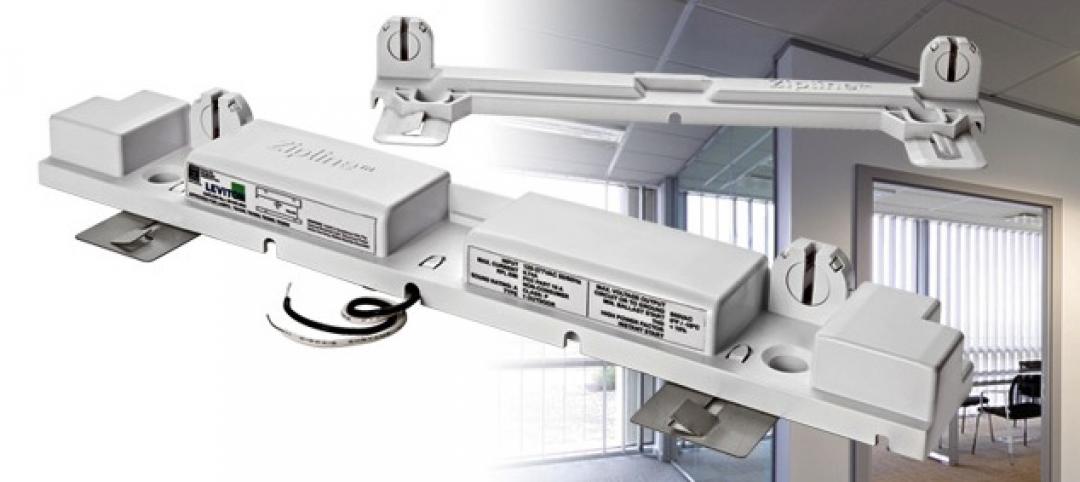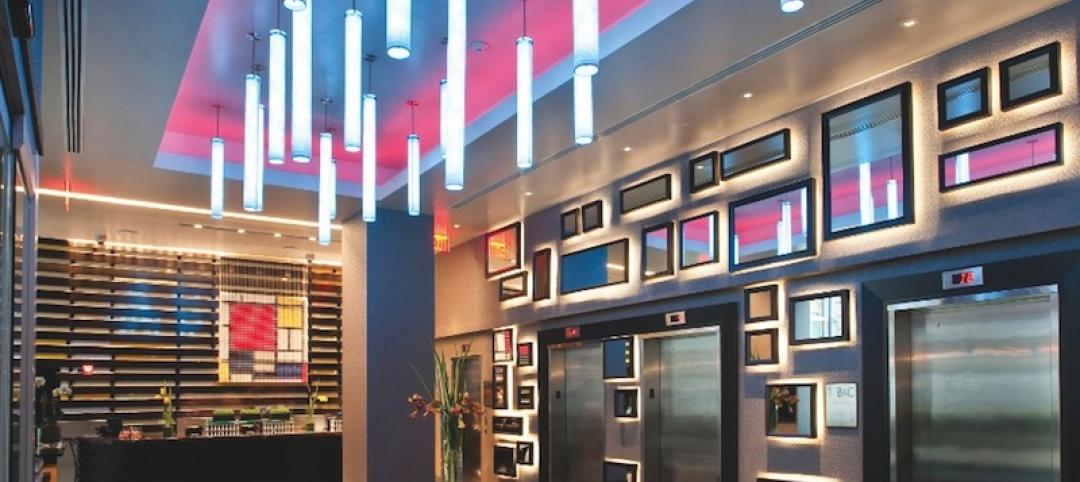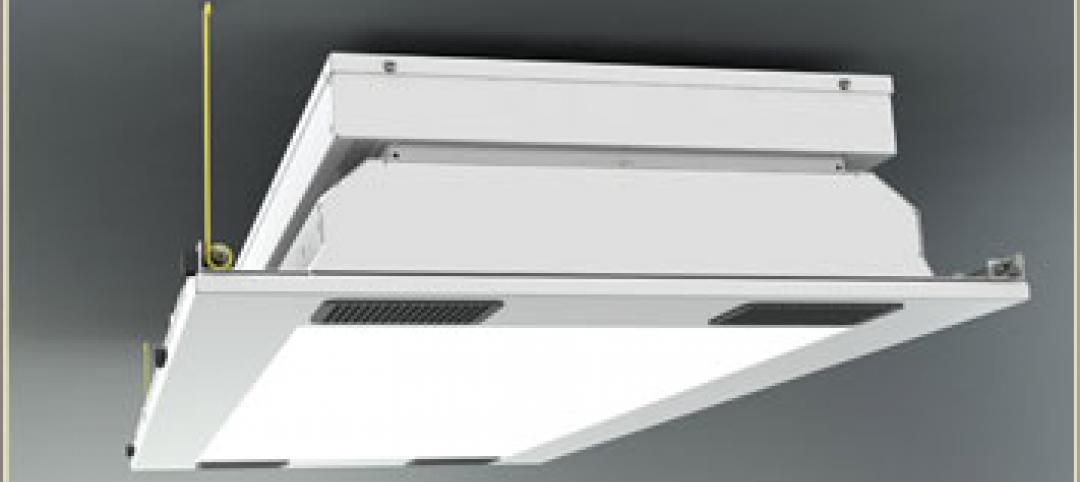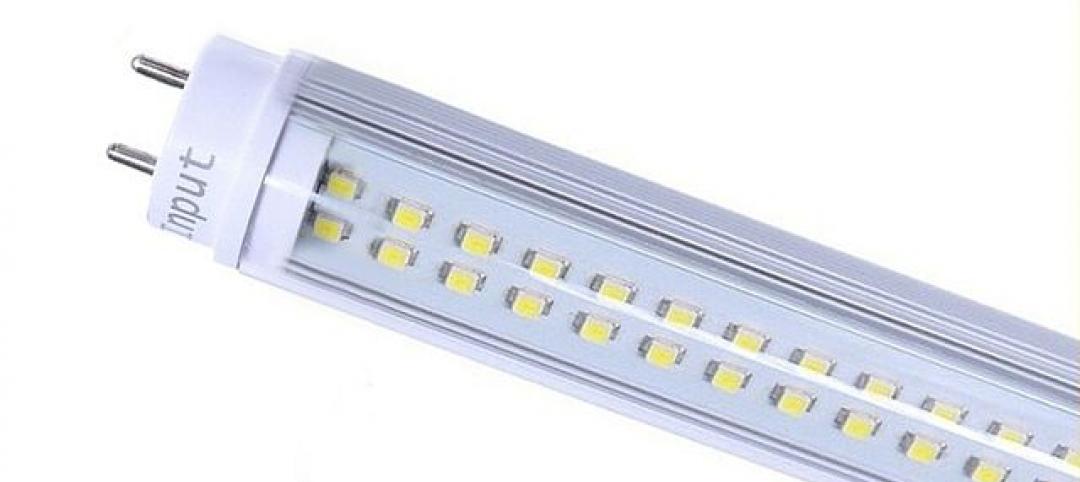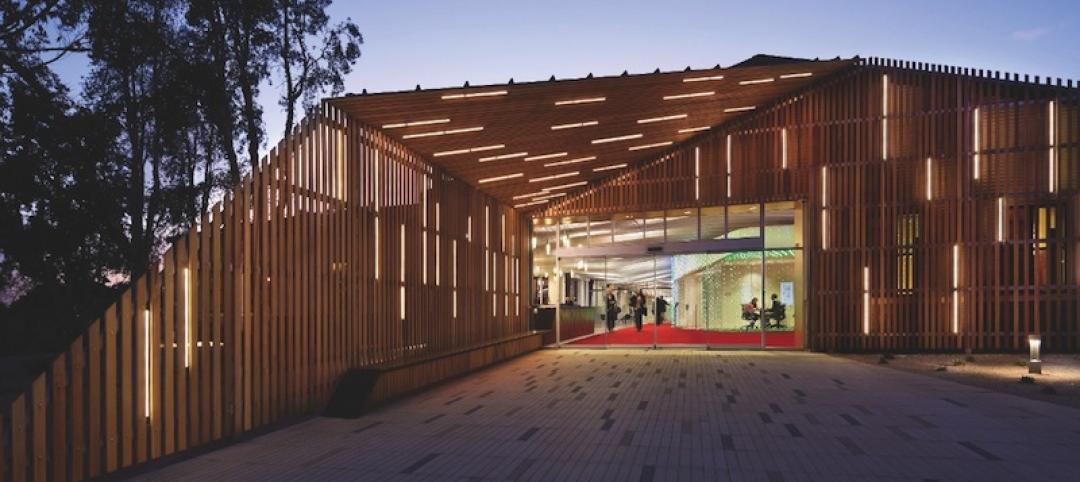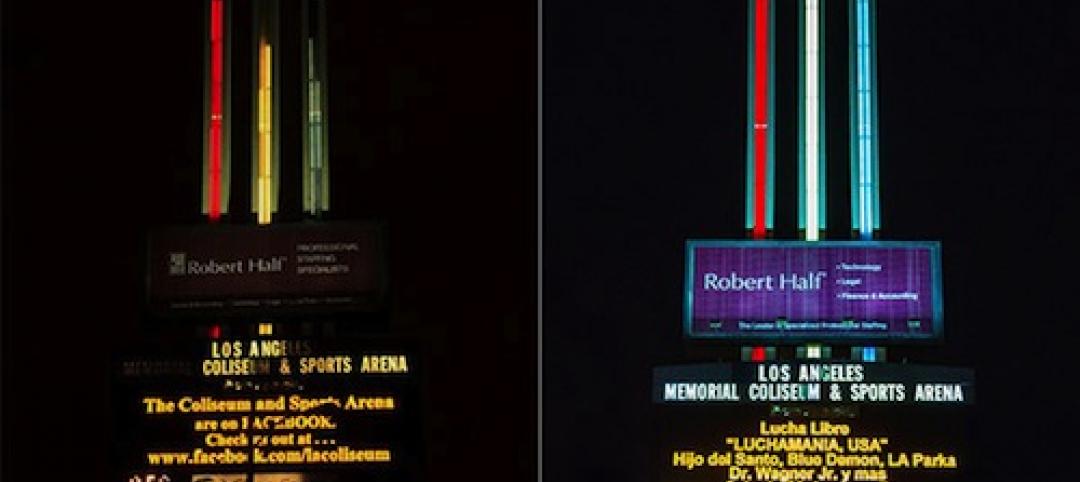The 2014 Nobel Prize in Physics was recently awarded to three scientists (Isamu Akasaki, Hiroshi Amano, and Shuji Nakamura) for inventing the blue light-emitting diode (LED) roughly 20 years ago. Prior to the advent of blue LEDs, white light from an LED source could not be created making commercial LED lighting unattainable. The invention of the blue LED has paved the way for a global lighting revolution.
The importance of this scientific breakthrough cannot be overstated. Lighting energy accounts for approximately one-fifth of electricity consumption in the world. LED sources are more energy efficient than traditional sources such as incandescent and fluorescent and last considerably longer. In the U.S. alone, LED lighting has the potential to save over $13 billion annually on electricity bills. That’s enough electricity each year to power all the homes in the state of Texas.
But alas, now comes a new problem. While first generation LED lighting fixtures were basically your standard incandescent or fluorescent housing retrofitted with LED light boards, manufacturers have now begun designing fixtures around the LEDs. The result is an integrated fixture where lamps are not serviceable or replaceable. This is a fundamental shift in how we think about lighting. No longer will facility maintenance staff be required to make the rounds replacing lamps. As the LEDs diminish in output over time, the entire fixture is simply removed (hopefully recycled) and replaced with a new one. This means building owners will need to completely replace their lighting fixtures at the fixture end of useful life, whenever that may be.
I’ve worked on several projects now where this exact topic has come up and owners have varying opinions.Some owners are comfortable with accepting this risk whereas others want only serviceable LED fixtures. The situation is also a mixed bag among the manufacturing community, where some fixtures are constructed with serviceable parts and others are completely throwaway (again, hopefully recycled).
This issue is one that architects and engineers need to be aware of as commercial LED lighting becomes more widespread. The perceived cost savings could literally be wiped away as owners will be required to completely overhaul their lighting system in 10 or 20 years.
So, the question becomes, should we be specifying replaceable or disposable fixtures? What do you think?
Related Stories
| May 2, 2014
World's largest outdoor chandelier tops reworked streetscape for Cleveland's PlayhouseSquare
Streetscape project includes monumental gateway portals, LED signage, and a new plaza, fire pit, sidewalk café, and alfresco dining area.
| Dec 10, 2013
16 great solutions for architects, engineers, and contractors
From a crowd-funded smart shovel to a why-didn’t-someone-do-this-sooner scheme for managing traffic in public restrooms, these ideas are noteworthy for creative problem-solving. Here are some of the most intriguing innovations the BD+C community has brought to our attention this year.
| Nov 8, 2013
Can Big Data help building owners slash op-ex budgets?
Real estate services giant Jones Lang LaSalle set out to answer these questions when it partnered with Pacific Controls to develop IntelliCommand, a 24/7 real-time remote monitoring and control service for its commercial real estate owner clients.
| Aug 21, 2013
Leviton wins NAED’s “Best of the Best” Award
Leviton has received tED Magazine’s “Best of the Best Award,” winning Best Product Launch by a Major Manufacturer for its 2012 launch of the Zipline Lighting Retrofit Solution.
| May 28, 2013
LED lighting's risks and rewards
LED lighting technology provides unique advantages, but it’s also important to understand its limitations for optimized application.
| Apr 30, 2013
Healthcare lighting innovation: Overhead fixture uses UV to kill airborne pathogens
Designed specifically for hospitals, nursing homes, child care centers, and other healthcare facilities where infection control is a concern, the Arcalux Health Risk Management System (HRMS) is an energy-efficient lighting fixture that doubles as a germ-killing machine.
| Apr 19, 2013
Is LED lighting keeping its promises?
Lighting experts debate the benefits, drawbacks, and issues related to specifying LED fixtures.
| Apr 15, 2013
Advanced lighting controls and exterior tactics for better illumination - AIA/CES course
To achieve the goals of sustainability and high performance, stakeholders in new construction and renovation projects must rein in energy consumption, including lighting. This course presents detailed information about lighting control strategies that contribute to energy efficient buildings and occupant well-being, as well as tips for lighting building exteriors effectively and efficiently.


